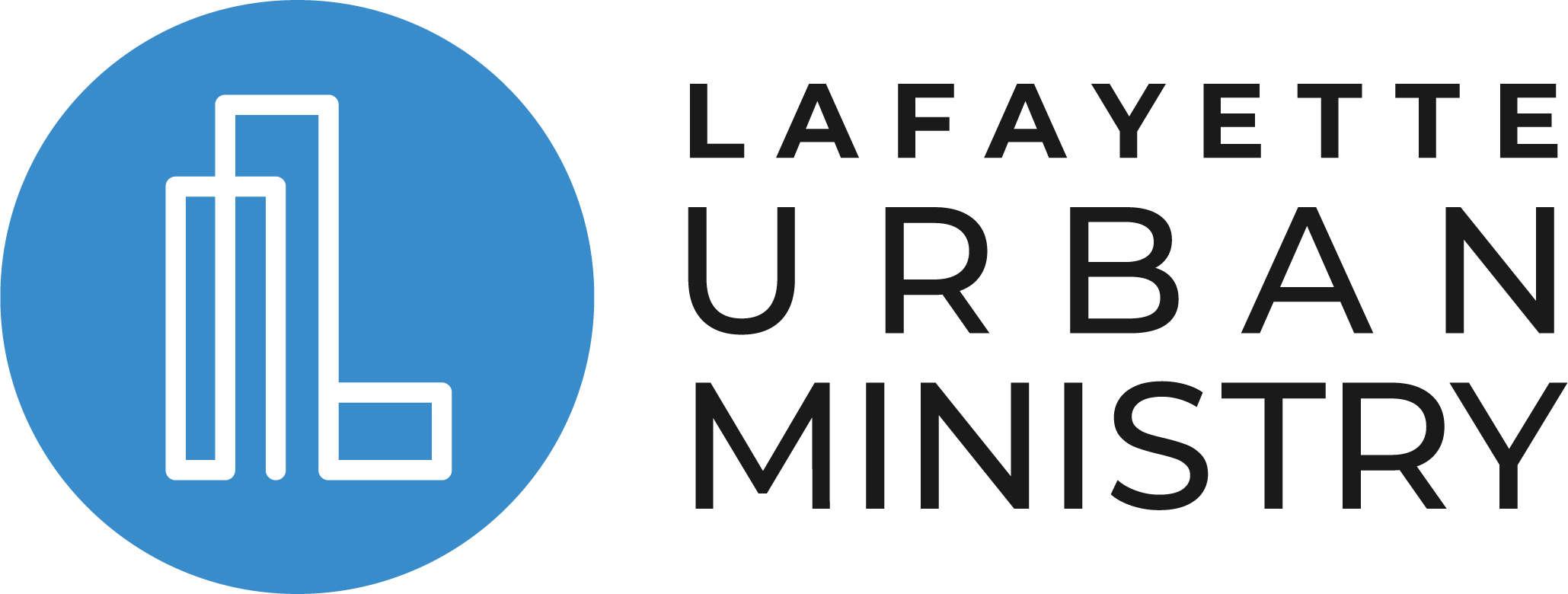How do the New Public Charge Rules Affect Me?
By Angel Valentín
Non-citizens seeking to immigrate to the United States, either temporarily or permanently, can be denied immigration benefits if it appears from their income and perceived ability to be self-sufficient that they may need certain types of government assistance. In February 2020, U.S. Citizenship and Immigration Services (USCIS) put into effect additional public charge rules, which now look at whether applicants have received or are likely to receive benefits from certain government programs for 12 months within any 36-month period. The benefits are counted separately, so if you receive multiple benefits in a month it would count as receiving multiple months of benefits. To make that determination, they will look at nine programs:
- Supplemental Security Income (SSI),
- Temporary Assistance for Needy Families (TANF),
- State or local general relief or general assistance,
- Institutionalization for long-term care,
- Medicaid,
- Supplemental Nutrition and Assistance Program (SNAP),
- Section 8 Housing Choice Voucher Program,
- Section 8 Project-Based Rental Assistance, and
- Public Housing.
Even middle income applicants and their families who have never even applied for public assistance will have to complete a new form attesting to their ability to support themselves, adding confusion and preparation time to an already complicated process. Moreover, if the new public charge form is not filled out correctly or any required documents omitted, there could be severe consequences for the applicant.
The LUM Immigration Clinic understands that the new regulations may be confusing. If you have questions or would like additional information on these rule changes, please email us at immigration@lafayetteurbanministry.org. Our staff would be glad to speak with you and determine how the new regulations might affect you and your family.
The new public charge regulations do not apply to people who are (or are applying to be) refugees, asylum seekers, TPS and DACA recipients, or are victims of trafficking, domestic violence, or other crimes seeking relief. It also does not apply to undocumented immigrants, who are unable to receive most of these benefits.
Check out the latest information and resources about Public Charge.

